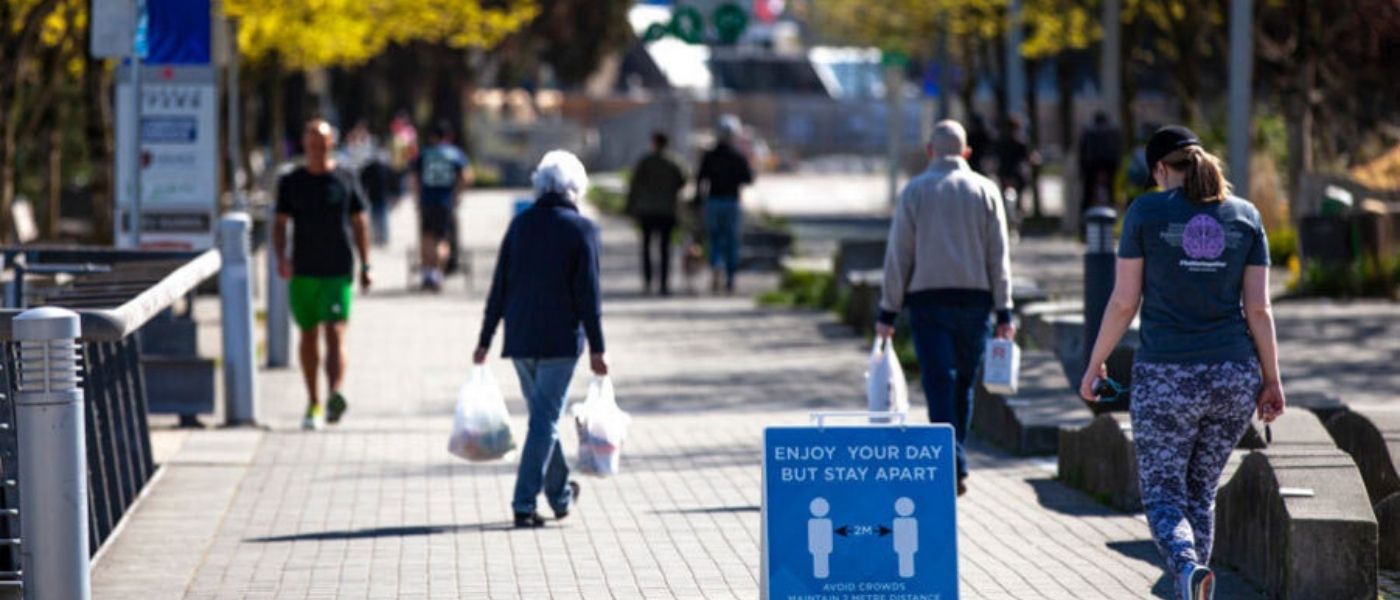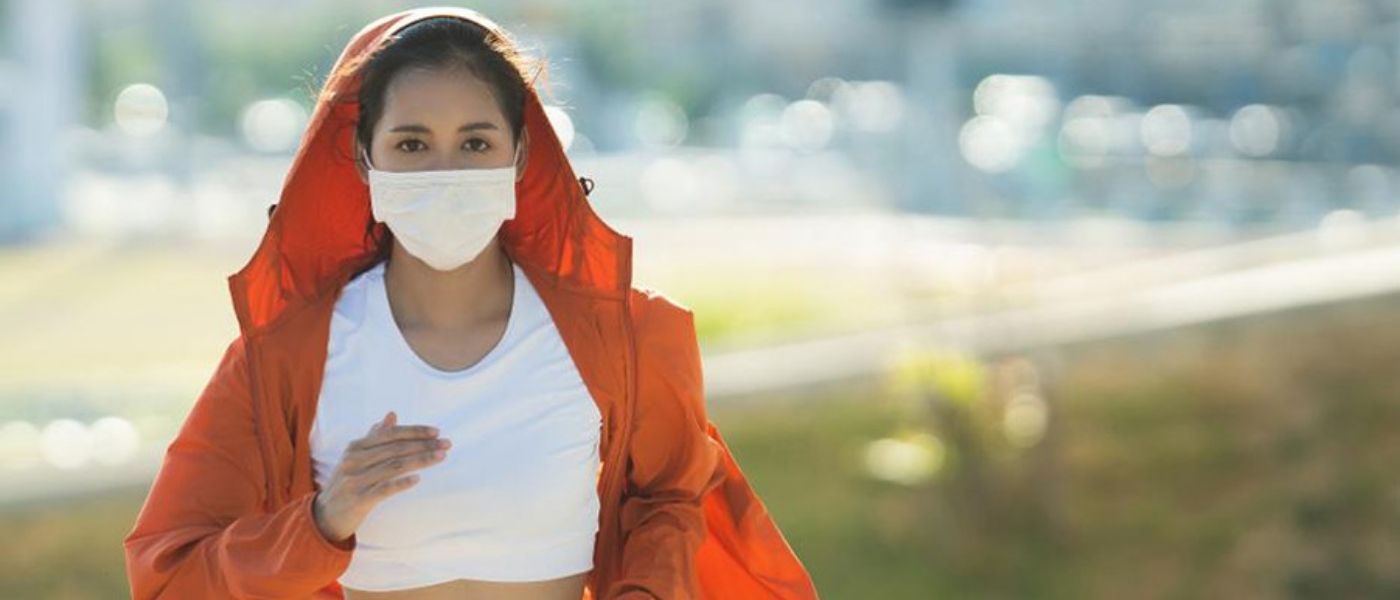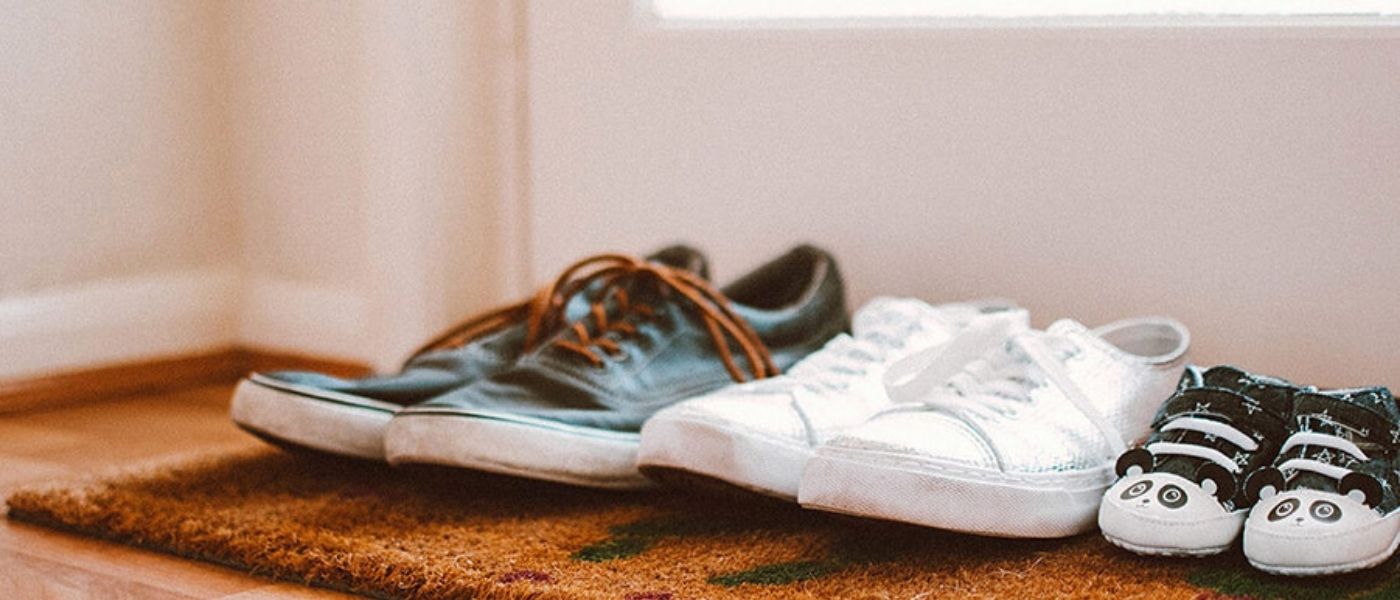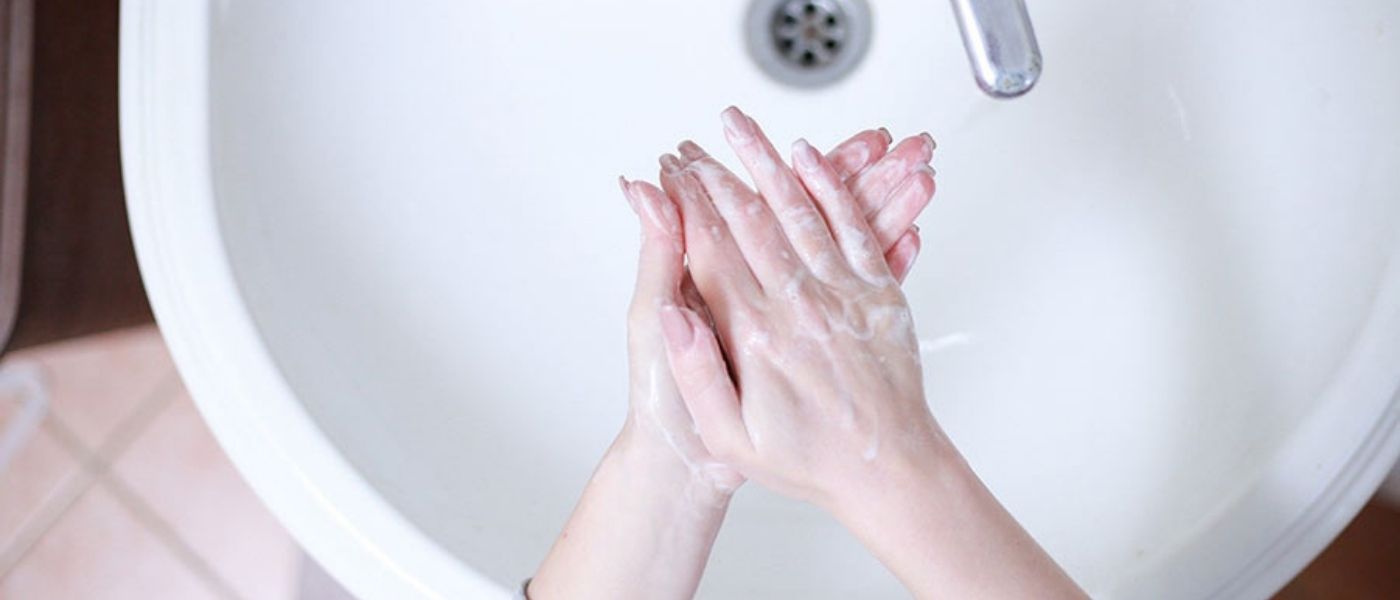How Safe Is To Exercise Outside During COVID-19
The COVID-19 pandemic has forced most of us to stay at home, but that should not be an excuse for anyone to slide into a sedentary lifestyle, regardless of age or abilities. A few minutes of physical movement will help relieve the mental tension that this pandemic has precipitated, improve your blood circulation and muscle activity, increase flexibility and fitness, and help you manage weight. Regular physical activity can also help to reduce high blood pressure and the risk of heart disease, type 2 diabetes, stroke, among other chronic ailments. As much as it is possible to reap optimal health benefits of exercise from doing it indoors, people who love outdoor activities are finding it hard to adapt to the new social distancing stipulations. Outdoor exercise is strictly regulated in most countries as a way of combating coronavirus, with some countries banning it altogether. If your form of outdoor exercise is not prohibited yet, then it is up to you to make the most of the small window before it is completely shut, but ensure that you stay safe while at it. Remember that there are a lot of unknowns in regard to this virus, so you can never be too safe when doing anything outdoors.
The main health risk of exercising outdoors comes from the fact that people sneeze and cough all the time and leave saliva droplets on surfaces that you are likely to touch as you exercise. You can easily catch coronavirus as a result. If you can avoid contact with other people or outdoor surfaces, you are very safe when exercising outside. That is why you need to:
The COVID-19 pandemic has forced most of us to stay at home, but that should not be an excuse for anyone to slide into a sedentary lifestyle, regardless of age or abilities. A few minutes of physical movement will help relieve the mental tension that this pandemic has precipitated, improve your blood circulation and muscle activity, increase flexibility and fitness, and help you manage weight. Regular physical activity can also help to reduce high blood pressure and the risk of heart disease, type 2 diabetes, stroke, among other chronic ailments. As much as it is possible to reap optimal health benefits of exercise from doing it indoors, people who love outdoor activities are finding it hard to adapt to the new social distancing stipulations. Outdoor exercise is strictly regulated in most countries as a way of combating coronavirus, with some countries banning it altogether. If your form of outdoor exercise is not prohibited yet, then it is up to you to make the most of the small window before it is completely shut, but ensure that you stay safe while at it. Remember that there are a lot of unknowns in regard to this virus, so you can never be too safe when doing anything outdoors.
The main health risk of exercising outdoors comes from the fact that people sneeze and cough all the time and leave saliva droplets on surfaces that you are likely to touch as you exercise. You can easily catch coronavirus as a result. If you can avoid contact with other people or outdoor surfaces, you are very safe when exercising outside. That is why you need to:
1. Maintain social distancing
If running or bicycle riding isn’t prohibited in your neighborhood, always practice physical distancing when you do it. Also, wash your hands with lots of soap or alcohol-based hand sanitizer before, during, and after the run/ride. Avoid going to public parks or any public open space for that matter because it is almost impossible to maintain social distance in such places. Remember to sanitize your bike immediately when you get home.
2. Choose the right activity and intensity
If you are not regularly active or you have any underlying health concerns, you can easily hurt yourself with high-intensity activities. It is better to start with low impact exercises such as walking, then slowly transition to short-distance running, and gradually build up to high-intensity outdoor activity such as long-distance running. Now that there are a lot of preventive measures, such as wearing masks and gloves, it is somehow uncomfortable to exercise. Luckily, there are some useful exercising accessories such as phone holders for iPhone, smartphone bike mounts, that enable you to easily exercise without much hassle for maneuvering with your devices. You will enjoy your preferred activity better if you don’t force your body to do more than it can handle in a day. Also, do not exercise if you have a fever, cough, or difficulty breathing because these are some of the symptoms of Covid-19.
Are you wondering what a low-intensity exercise looks like? Well, it is any activity that allows you to breathe comfortably while you are still exercising. If you can’t hold a conversation while at it, then that is a high-intensity physical activity.
If you have chosen biking as your outdoor exercise during this Coronavirus pandemic, it will help if you acquire an electric bike. E-bikes are battery-powered to give your pedaling a boost so that your knees and thighs do not suffer too much stress and unwanted impact. You will conquer hills and inclines like a pro, see sights in challenging terrain around your neighborhood, and ride flawlessly regardless of your age, fitness level, or health status.
3. Remove your shoes and clothes immediately you get home
You cannot be too sure that your sneakers or clothes didn’t carry sneeze droplets that could have the virus on them. Don’t give the virus any chance to enter your house: Remove your clothes, sneakers, and any other workout wear immediately you get home and wash them thoroughly.
4. Keep your hands clean
Exercise gets you all sweaty and when people sweat, it is natural to wipe off the sweat using bare hands. For that, wash your hands as the last thing you do before you leave your house. That will ensure that your hands are clean and safe to touch your face. Bring a small bottle of hand sanitizer if you have to touch doorknobs, elevator buttons, or any common surfaces. Also, it is essential that you also clean up you clean up your accessories clean. For example, make sure to sanitize also your phone and its case. Let’s not forget that we use and hold our phones longer than anything else during the day. Thus, it’s crucial that every time your wash your hands, you also clean up the phone.
Conclusion
The coronavirus is a new virus even to the world’s greatest virologists; nobody is certain of how contagious and transmissible it is (or it is not). You should not take any chances with it because you cannot really tell the dos and don’ts of this virus. This means avoiding crowded areas when exercising, not touching surfaces anyhow, and sanitizing all through.








